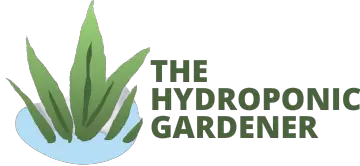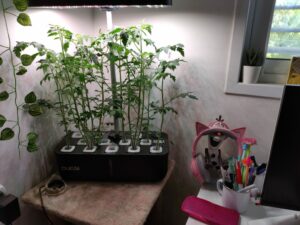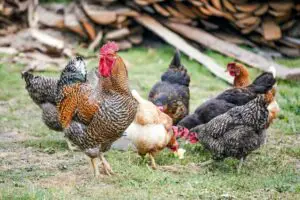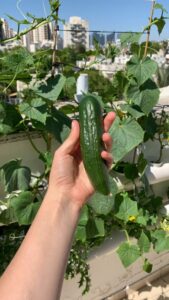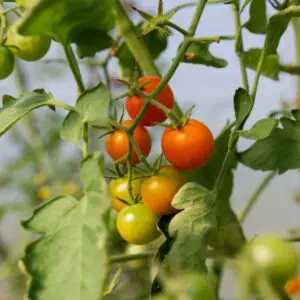Have you always wanted to grow your plants but don’t have the space for them? A hydroponic system is the perfect solution. Not only are the best hydroponic systems space-efficient, but they can also produce healthier and more abundant crops than traditional soil-based methods.
Did you know that indoor garden systems can increase crop yields by up to 10 times compared to traditional soil-based methods? Furthermore, these systems use up to 90% less water than conventional gardening techniques, making them environmentally friendly choices.
With 15 times more mentions in gardening forums and communities, these systems have gained significant popularity among gardening enthusiasts. Stay with me as we focus on the world of hydroponics, specifically which hydroponic garden system is best for small spaces in indoor gardening. But first, let’s consider what hydroponics is all about.
Best Hydroponic System for Small Spaces – DUESI
When I visited my friends two weeks ago. In the home office in their 2 bedroom apartment, I saw their Dusei hydropobic system.
Usually you see here images of large of white pipes systems against walls, or oarge budgets outdoors. But this machine stood silently in the corner of the room.
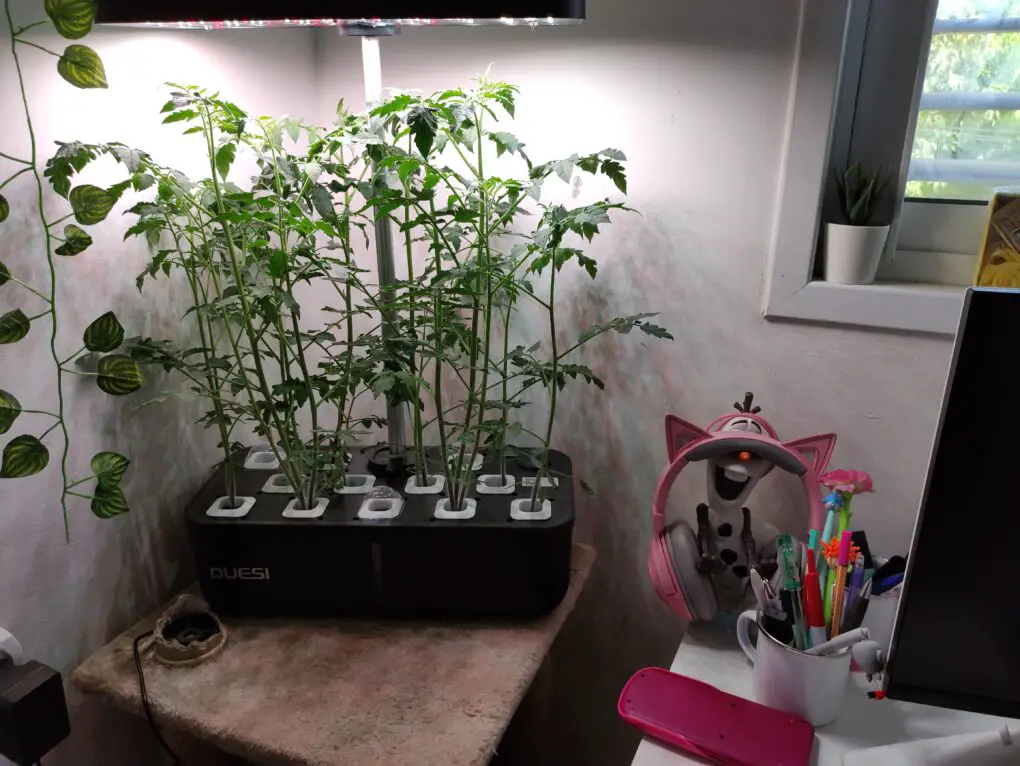
It has 12 spots for plants, it’s silent, it’s relatively cheap and it’s great for small spaces and very easy to use:
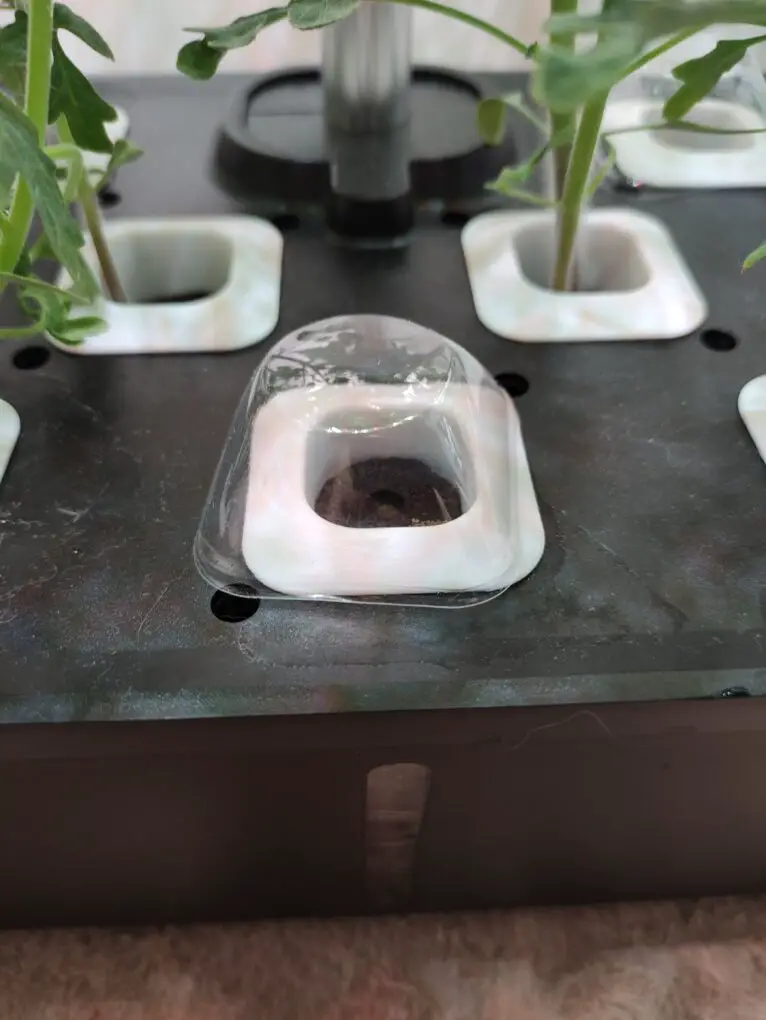
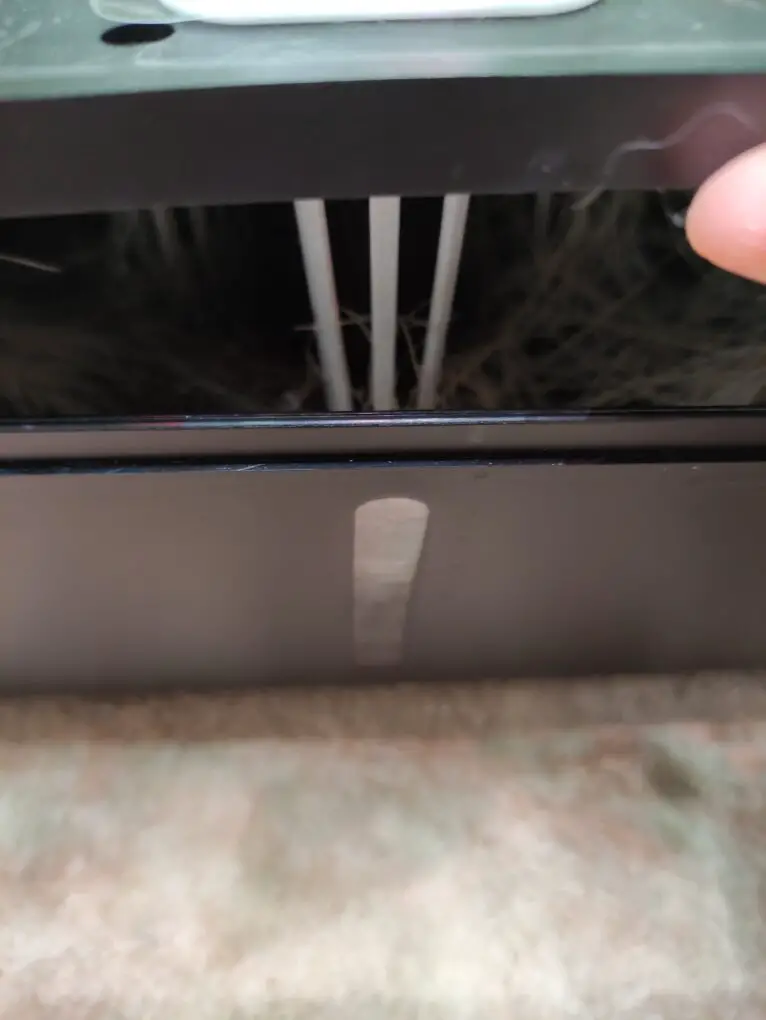
Benefits of the Duesi Hydroponic Systems
The systems offer a range of benefits that make them an appealing choice for small-space gardening:
- Space Efficiency: These indoor garden systems optimize space utilisation heir compact designs and vertical configuration, allowing more plants to grow in a smaller area. This is especially beneficial for people living in small city apartments.
- Resource Efficiency: Hydroponics is highly resource-efficient. The precise delivery of water and nutrients minimizes wastage, conserving water and fertilizers. Additionally, the systems require fewer pesticides, as the absence of soil reduces the risk of soil-borne pests and diseases.
- Year-Round Cultivation: One of the significant advantages of hydroponics is its ability to enable year-round cultivation. By providing a controlled environment, hydroponic growing systems eliminate the reliance on seasonal changes, allowing for continuous growth and harvests irrespective of the external climate.
- Flexibility in Plant Selection: Hydroponic growing systems accommodate various plants, ranging from leafy greens and herbs to fruiting crops such as cherry tomatoes and strawberries. Creating an optimized growing environment enables gardeners to experiment with and cultivate various plant species that may not thrive in traditional soil-based gardening.
- Educational Value: Hydroponics offers an excellent educational platform for children and adults. It provides a hands-on learning experience about plant biology, nutrient cycles, and sustainable agriculture practices. Hydroponic growing systems can be integrated into school curricula, community gardens, and educational programs, fostering environmental awareness and promoting healthy eating habits.
- Aesthetically Pleasing: Hydroponic growing systems can be visually appealing and serve as attractive indoor decor. With various designs and styles available, The Duesi in0home gardening system can transform living spaces into vibrant and green environments. The lush growth of plants, along with their cascading foliage or rich fruits, adds a touch of natural beauty and serenity to any setting.
Selecting the Appropriate System Based on Space and Plant Selection
When setting up a hydroponic growing system in a small space, choosing the right one that suits your available space and the type of plants you wish to grow is crucial. Consider the following factors:
- System Size: Opt for a compact hydroponic growing system specifically designed for small spaces. Look for a system that fits comfortably on countertops, shelves, or vertical configurations.
- Plant Requirements: Different plants have varying space and environmental needs. Always consider the size of the mature plants and their growth habits. Vertical systems are ideal for growing leafy greens and herbs like lettuce or basil. On the other hand, hanging or compact setups are well-suited for cultivating compact fruiting plants like strawberries.
- System Complexity: Choose a hydroponic system that aligns with your experience and comfort level. If you’re a beginner, opt for simpler systems like the Kratky method or a nutrient film technique (NFT) system, which requires minimal maintenance and setup.
Size and Space Requirements
Your hydroponic system’s size depends on how much space you have available. The system should fit comfortably in your space while allowing easy access to maintain and harvest your plants.
Type of Plants to be Grown
Different hydroponic systems are better suited to different types of plants. Some plants thrive in a deep water culture system, while others do better in a drip irrigation system. Deliberate on your desired plants for cultivation and opt for a system that can effectively support their growth.
Water and Nutrient Delivery System
The systems rely on a supply of nutrient-rich water to feed the plants. Some systems use a recirculating system, where the water is continuously cycled through the system, while others use a non-recirculating system, where you must replace water regularly.
Lighting Requirements
Plants grown hydroponically require adequate lighting. Additional lighting equipment may be necessary to ensure your plants receive sufficient light depending on your selected system.
Maintenance and ease of use
Evaluate your available time and willingness to maintain the hydroponic growing system regularly. Some systems require more attention than others.
Budget considerations
Determine the financial resources you can allocate to your hydroponic system. While some setups may require higher initial investments, they may offer long-term cost savings.
Conclusion
Growing plants hydroponically indoors is easy. The indoor systems are a great addition to the design, they allow you to enjoy herbs and other produce you grew yourself and are easy to maintain. Living in a small space is no different. There are plenty of great options out there, my favorite one is the Duesi system.
Hydroponic gardening systems offer several benefits for indoor gardening in small spaces. They maximize water efficiency, require less space than traditional soil-based gardening, and provide precise control over nutrient levels. Moreover, hydroponic systems have the potential to enhance crop yields significantly, mitigate the risks associated with pests and diseases, and enable year-round gardening irrespective of outdoor weather conditions.
When selecting a hydroponic growing system for a small space, consider available space, desired plant types, and personal preferences. Compact systems like vertical gardens or aeroponics are suitable for limited spaces, while deep water culture or nutrient film technique systems work well for larger areas. Consider the system’s maintenance requirements, cost, and complexity bedecidingision.
